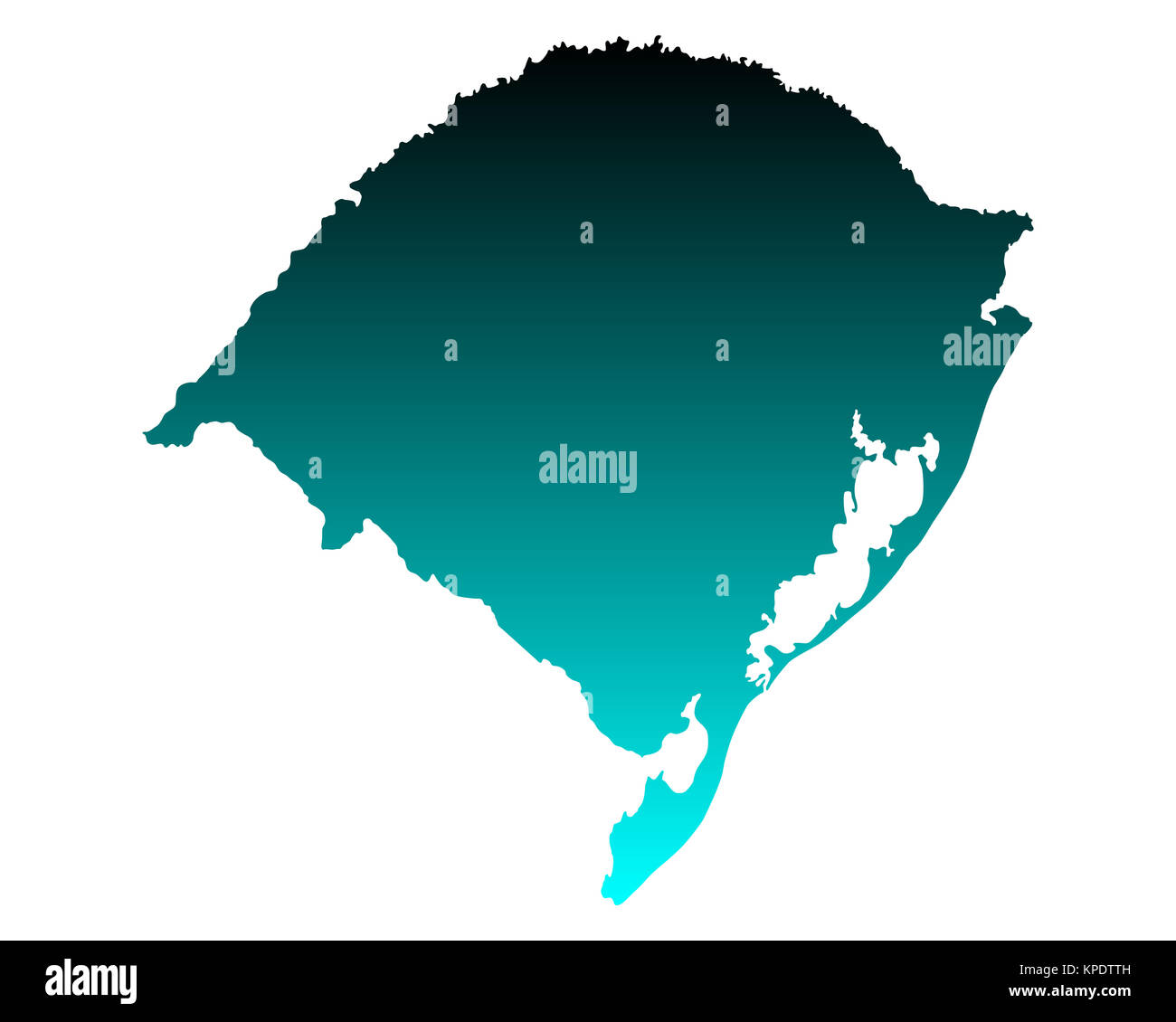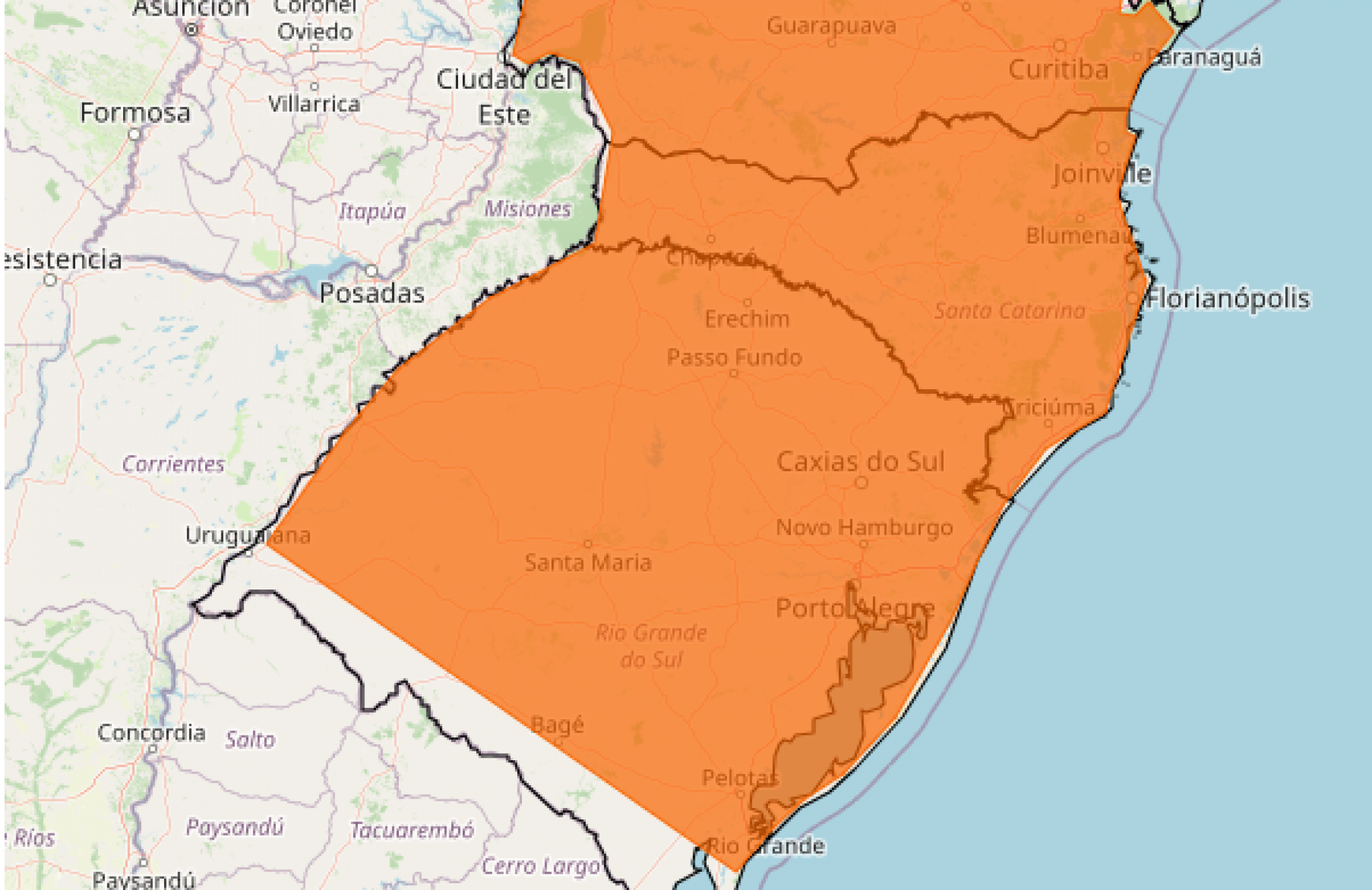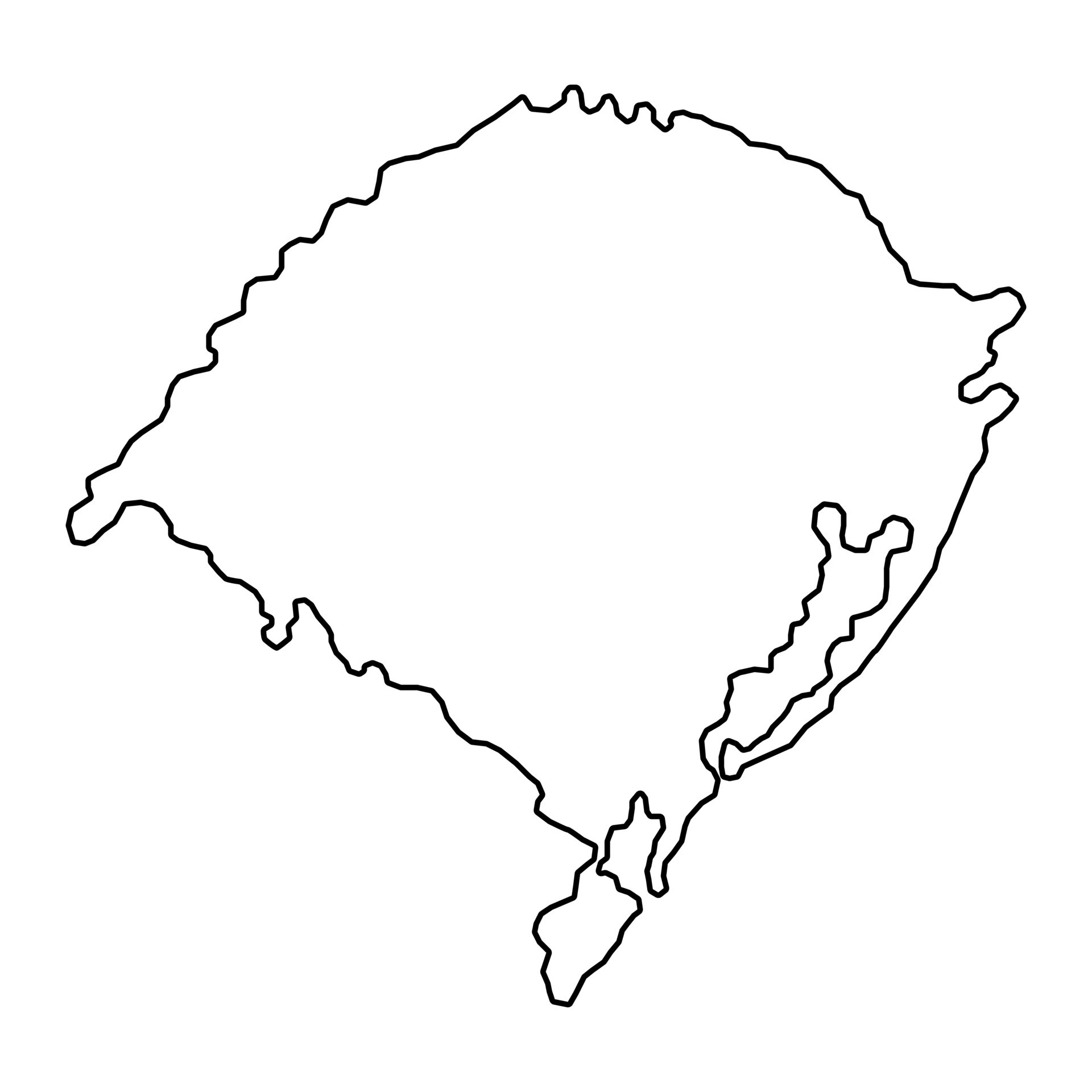
When it comes to football in Brazil, few clubs can match the passion, history, and achievements of Grêmio Foot-Ball Porto Alegrense, affectionately known as "Grêmio: The Pride Of Rio Grande Do Sul".

map of rio grande do sul Stock Photo - Alamy - Source www.alamy.com
Editor's Notes: Given the significance and captivating story behind Grêmio, we've decided to publish this article today, providing our readers with an insightful look into what makes this club so special.
Our team has conducted thorough analysis and gathered extensive information to present this comprehensive guide to Grêmio. We believe it will be a valuable resource for anyone interested in learning more about this legendary club and its contributions to the beautiful game.
Key Differences or Key Takeaways:
FAQs by "Grêmio: The Pride Of Rio Grande Do Sul"
This section addresses frequently asked questions about Grêmio Foot-Ball Porto Alegrense, providing comprehensive and informative answers.
Question 1: What is the significance of Grêmio's nickname, "The Pride Of Rio Grande Do Sul"?
The nickname "The Pride Of Rio Grande Do Sul" reflects Grêmio's status as the most successful and widely supported football club in the state of Rio Grande Do Sul, consistently achieving top performances in national and international competitions.
Question 2: When was Grêmio founded, and what is its historical significance?
Grêmio was established on September 15, 1903, in the city of Porto Alegre. It is among the oldest and most prestigious clubs in Brazilian football, having played a pivotal role in the development and popularization of the sport in the country.
Question 3: What are Grêmio's most notable achievements as a football club?
Grêmio has won numerous domestic and international titles, including two Copa Libertadores championships, three Campeonato Brasileiro Série A titles, and five Copa do Brasil trophies. Their consistent success and impressive performances have earned them recognition and respect throughout Brazil and beyond.
Question 4: Who are some of the most legendary Grêmio players?
Over the years, Grêmio has had the privilege of showcasing exceptional talents, such as Anderson, Ronaldinho Gaúcho, and Renato Gaúcho. Their contributions on and off the pitch have played a significant role in shaping the club's legacy.
Question 5: What is distinctive about Grêmio's playing style?
Grêmio is renowned for its attacking, possession-based football. They emphasize skilled passing, precise movement, and creativity, which has entertained fans and earned them admirers worldwide.
Question 6: Where can fans obtain updates on Grêmio's latest news and matches?
Official club sources, including their website and social media channels, provide the most up-to-date information about Grêmio's fixtures, results, and other news.
Through these FAQs, we aim to provide a comprehensive overview of Grêmio's history, significance, and achievements. For further insights, we encourage you to explore our website and delve deeper into the rich tapestry of this legendary club.
Tips
Delve into the legacy of Grêmio, the celebrated football club from Rio Grande do Sul, Brazil.
Tip 1: Trace the Club's History
Uncover the club's origins in 1903, its early successes, and its rise to prominence as a national and international powerhouse.
Tip 2: Witness the Arena do Grêmio
Marvel at the architectural grandeur of Grêmio: The Pride Of Rio Grande Do Sul home stadium, known for its cutting-edge design and passionate atmosphere.
Tip 3: Cheer for Iconic Players
Relive the brilliance of legendary players such as Renato Gaúcho, Ronaldinho, and Douglas Costa, who have graced the Grêmio crest with their exceptional skills.
Tip 4: Experience the Passionate Fan Base
Immerse yourself in the vibrant and devoted fan culture of Grêmio, renowned for their unwavering support and electrifying stadium chants.
Tip 5: Immerse in the Club's Museum
Journey through the club's rich history at the Grêmio Museum, showcasing trophies, memorabilia, and interactive exhibits that bring the club's legacy to life.
In conclusion, explore the illustrious world of Grêmio and discover the secrets that make it one of Brazil's most beloved and respected football clubs.
Grêmio: The Pride Of Rio Grande Do Sul
Grêmio Foot-Ball Porto Alegrense, fondly known as Grêmio, is a renowned football club based in Porto Alegre, the capital of the southern Brazilian state of Rio Grande do Sul. Founded in 1903, Grêmio has established itself as one of the most successful clubs in Brazil, embodying the pride and passion of the Rio Grande do Sul region.

PREVISÃO DO TEMPO: Inmet emite alertas laranja para risco de temporais - Source www.jornalnh.com.br
- History and Tradition: A century-old legacy steeped in rich history and tradition.
- Fan Base and Passion: An unparalleled fan base renowned for their fervent support and unwavering loyalty.
- Stadium and Atmosphere: The iconic Arena do Grêmio, a state-of-the-art stadium that reverberates with electrifying atmosphere.
- National and International Achievements: A remarkable record of national and international titles, including two Copa Libertadores triumphs.
- Social Responsibility: Actively engaged in social initiatives, fostering a positive impact beyond the pitch.
- Symbol of State Pride: Grêmio embodies the indomitable spirit and sense of identity of Rio Grande do Sul.
These key aspects intertwine to create a tapestry of pride, passion, and achievement that makes Grêmio a beacon of excellence both on and off the field. Grêmio's illustrious history, unwavering fan support, impressive stadium atmosphere, and commitment to social responsibility make it a true embodiment of the pride and spirit of Rio Grande do Sul.

Chuvas recentes afetam mais de 227 mil pessoas no Rio Grande do Sul | abc+ - Source www.abcmais.com
Grêmio: The Pride Of Rio Grande Do Sul
Grêmio Foot-Ball Porto Alegrense, commonly known as Grêmio, is a Brazilian professional football club based in Porto Alegre, Rio Grande do Sul. Founded in 1903, it is one of the most successful clubs in Brazil, having won two Copa Libertadores, three Campeonato Brasileiro Série A titles, five Copa do Brasil titles, and one Supercopa do Brasil title. Grêmio is also known for its passionate fans, who are known as the "Torcida Tricolor".

Rio Grande do Sul Map, state of Brazil. Vector Illustration. 13117765 - Source www.vecteezy.com
The club's home stadium is the Arena do Grêmio, which was built for the 2014 FIFA World Cup. The stadium has a capacity of over 55,000 people and is one of the most modern stadiums in Brazil.
Grêmio has a long and rich history, and has produced some of the greatest players in Brazilian football, including Ronaldinho, Renato Gaúcho, and Anderson Polga. The club is also known for its strong youth academy, which has produced a number of talented players over the years.
Grêmio is one of the most popular clubs in Brazil, and its fans are known for their passion and dedication. The club has a strong sense of community, and is an important part of the social fabric of Porto Alegre.
| Year | Title |
|---|---|
| 1981 | Copa Libertadores |
| 1983 | Copa Libertadores |
| 1985 | Copa do Brasil |
| 1994 | Copa do Brasil |
| 1995 | Copa do Brasil |
| 1996 | Campeonato Brasileiro Série A |
| 2001 | Copa do Brasil |
| 2005 | Campeonato Brasileiro Série A |
| 2007 | Campeonato Brasileiro Série A |
| 2016 | Copa do Brasil |
Recomended Posts


